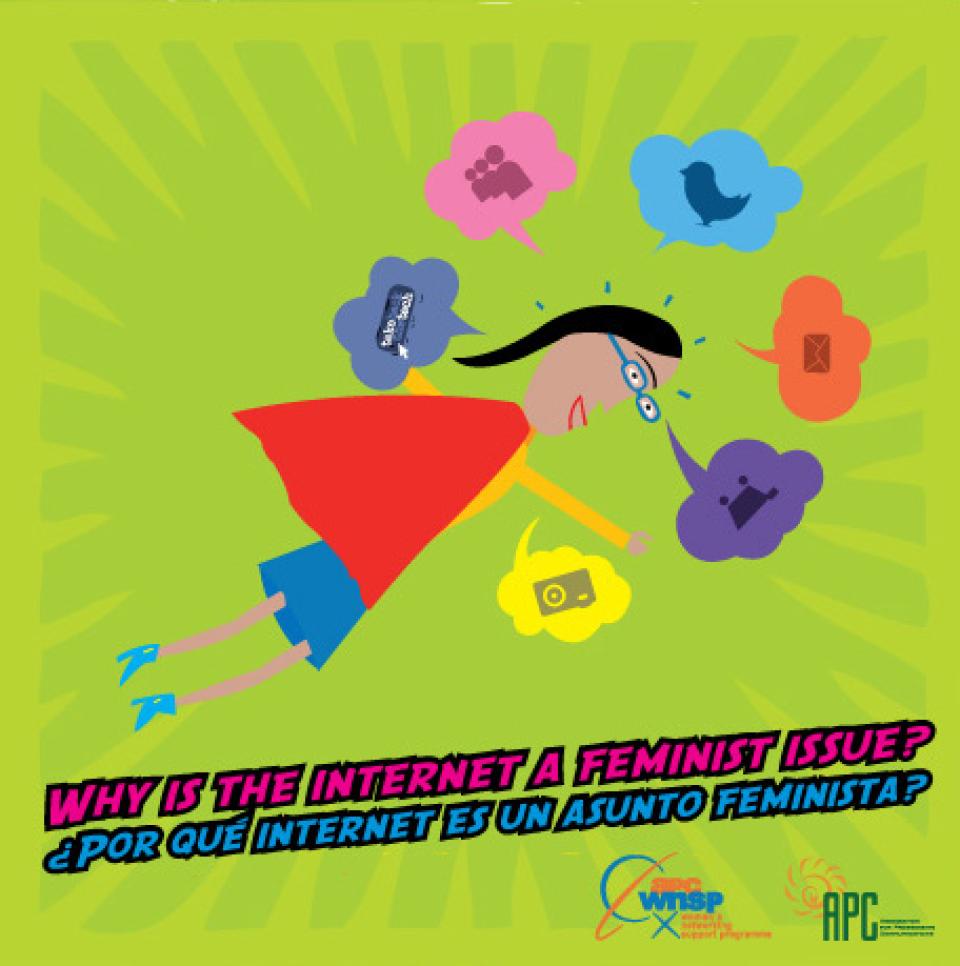
The women's programme of world’s oldest progressive internet network outlines its priority issues for the 12th AWID International Forum on Women’s Rights in Development that will gather over 2000 women’s rights activists from around the world from April 19 to 22, 2012 in Istanbul, Turkey.
Self, body and autonomy
The internet is a key channel for access to information otherwise difficult to come by due to existing regulation, monopolistic media or censorship by the state and culture. Access to critical information such as support services for survivors of violence against women, reproductive health matters or sexual rights enables women to make decisions about their selves, lives and bodies, and to exercise autonomy and self-determination. Control and ownership over internet technologies can also result in a sense of personal empowerment. Ensuring equal and meaningful access to the internet includes issues of costs, availability, relevant content, privacy and safety.
- Punita, EROTICS report, India
Culture and society
The internet can be an important space to engage in the shaping of culture and society. Women and girls can express their diverse realities without being confined by the sifting powers of institutions such as broadcast media. This means that different discourses are able to proliferate and norms that discriminate against or silence marginalised sections of society can be challenged or dismantled. It enables women and girls to overcome limitations in mobility, culture and cost to form communities, discuss shared concerns, provide mutual support, create knowledge and organise for change. However, increasing censorship and regulation of online spaces such as LGBT sites being hacked or blocked and silencing tactics through misogynistic hate speech on feminist blogs threaten to narrow our spaces and limit our freedom of expression.
- Laurie Penny, Guardian, United Kingdom
Economic power and development
The internet has also brought new economic models based on sharing and openness; such as the free and open source software movement, copyleft to increase cultural and knowledge circulation in the public domain and crowdfunding to mobilise resources from the public. Many governments have dedicated resources for improved internet infrastructure under the framework of economic development. Mobile phone and community internet access in rural areas have broadened women's livelihood options and wellbeing. The increasing enforcement of intellectual property rights and erosion of privacy online threaten this framework of openness and its potential for alternative forms of capital circulation.
- Bekhsoos.com
Public and
political participation
In recent years, we have seen ordinary citizens coming together to demand change in governance, culture and market ideologies - from the Pink Chaddi campaign, to collective mapping of violence against women, to the Arab uprisings to Occupy Wallstreet. The internet has played a key role as a site where alliances and communities are formed, violations are surfaced, supporters are mobilised and communication spaces for action are created. It is an important public sphere for political contestation where different actors, struggles and concerns are able to converge to inform or transform norms, public opinion, and in turn policy. Governments demand greater control over the way that the internet is governed while divesting their duties to the private sector to enforce legislation or ensure human rights are respected.
- Aisha Lee Shaheed, Violence is Not Our Culture Campaign
- 12238 views






Add new comment